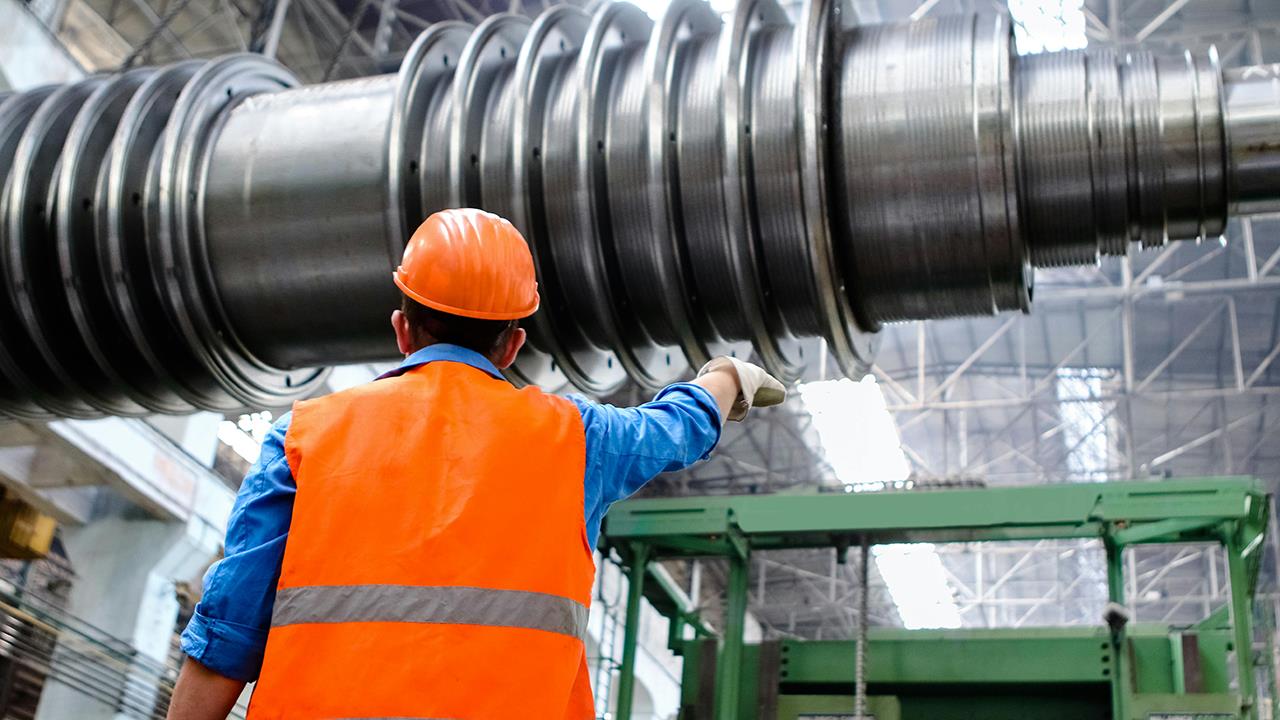

Job scheduling, vehicle tracking, and fleet management
George Dibb, Business Development Manager at BigChange, says: “Job scheduling is about more than just ensuring engineers arrive at the right time and place. You need confidence that the engineers have the right skill set for a specific job and the parts they need to complete it.
“A route optimiser will consider these elements when scheduling jobs, as well as the job address, for lower fuel costs. Efficient route planning allows engineers to complete more tasks in a day, saving time and increasing profits.
“Many challenges engineers face centre around managing staff and fleet. This technology means you can see your fleet in real time, making it easy to fit in emergency requests and reallocate jobs. Not only will this bring down your fuel bill but you’ll also be able to fit in more jobs per engineer.
“This software approach lets you deliver the best customer service in a way that makes the most sense for your business. Modern customers live in a 24/7 digital age and expect their suppliers to respond to that.”
Job finance and job costing
Kully Rathore, Business Development Manager at BigChange, says: “Job finance and job costing software can help you generate and send professional, on-brand quotes to your customers. Once you complete a job, automatic invoices and payment reminders take the paperwork off your hands while helping to improve cash flow.
“This software should also include integration with financial packages, such as Sage and Xero – this will streamline your process by avoiding having to enter the same data twice and making it easier to get payment faster. You can see all your past, present, and future jobs in one place and use flags and alerts to prompt actions.”
CRM (Customer Relationship Management)
Michael Burke, Business Development Manager at BigChange, explains: “A customer relationship management (CRM) system will allow you to provide fantastic customer service at every stage of the job. This will be the hub for all of your customer details such as location, contact information, job history, documentation, and engineer notes.
“Your CRM safely stores all information, keeping it organised and reducing errors. Using a whole host of automations, from invoices to sending automated service reminders means you have less admin but better service.
“This should be easy to access and all in one place, meaning you will have everything you need at hand to provide the right answers. Engineers won’t need to go to the office for paperwork as all job sheets are digital. These are faster and ensure compliance, allowing you to send job information in real time.
“A CRM will enhance safety and compliance in every part of your system – in practice, it means you can create template documents across your system, for everything from quotes to SMS messages.”
An all-in-one gas engineer software system will combine these three pieces of invaluable technology, aiding with everything from planning your jobs to sending digital gas certificates. A supplier that provides you with an app will make it easy to manage everything on the go.
George Dibb at BigChange adds: “With an all-in-one system, you can streamline your processes by ensuring everyone in your company uses the same software. Advantages of this include better cash flow, efficiency, and reporting. It will also help you to optimise your business, helping you reach both your current and long term goals.”
These three gas engineer software solutions will ensure your engineers are using time efficiently and effectively depending on their location, skillset and availability. This will make it easy to schedule and book jobs with less hassle for you and the customer.
If you'd like to keep up-to-date with the latest developments in the heating and plumbing industry, why not subscribe to our weekly newsletters? Just click the button below and you can ensure all the latest industry news and new product information lands in your inbox every week.